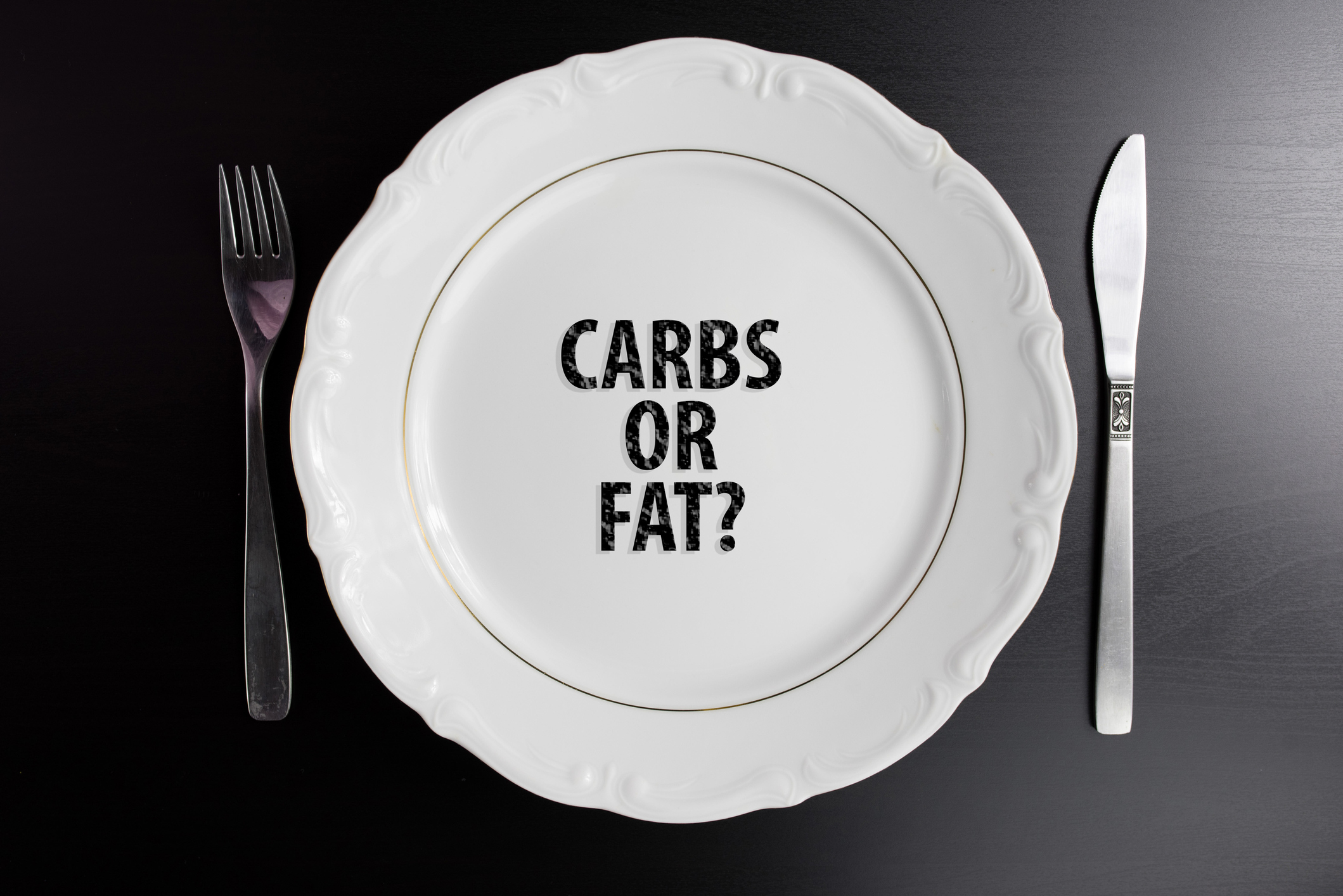Get Easy Health Digest™ in your inbox and don’t miss a thing when you subscribe today. Plus, get the free bonus report, Mother Nature’s Tips, Tricks and Remedies for Cholesterol, Blood Pressure & Blood Sugar as my way of saying welcome to the community!
The high cholesterol-carb connection

You probably remember the days when saturated fat was enemy No. 1 for people prone to high cholesterol. In fact, you’ll probably still see many widely respected health organizations advising people with high cholesterol to cut back on saturated fats. But there’s a lot of recent evidence showing this advice is outdated…
It’s true that some short-term studies have found a connection between saturated fat and cholesterol levels, but most long-term studies debunk this connection. And even more importantly, they show there isn’t a connection between saturated fat and heart disease risk…
In fact, a huge prospective meta-analysis reported in 2010, involving nearly 350,000 people, found no association between saturated fat and heart disease. And a Japanese study of 58,000 men who were followed for an average of 14 years found no association between saturated fat intake and heart disease. Those who consumed more saturated fat actually had a lower stroke risk.
A 2017 review of clinical trials, published in the journal Nutrition, found that replacing saturated fat with polyunsaturated fat didn’t reduce the risk of coronary heart disease. And a 2017 randomized trial, published in the European Journal of Clinical Nutrition showed that both people who ate a saturated fat or polyunsaturated fat-enriched diet (40-50 percent fat) with the addition of omega-3 supplements ended up with lower cholesterol in the end.
Another review shows that people with a common genetic condition that causes extremely high cholesterol — familial hypercholesterolemia — respond better to a diet that’s low in carbs than one that’s low in saturated fat.
Familial hypercholesterolemia and metabolic syndrome are linked
For over 80 years, doctors have been advising people with familial hypercholesterolemia (FH) to cut back on saturated fat. But a recent research review from researchers at the University of South Florida shows that this isn’t the most helpful advice…
In their study, these researchers analyzed and summarized existing research on familial hypercholesterolemia and diet. And they found that there was a lack of evidence that a low saturated fat, low cholesterol diet reduces coronary events in people with FH.
They also found that a subset of people with this disease who go on to develop coronary heart disease show signs of metabolic syndrome (elevated triglycerides, blood glucose, haemoglobin A1c (HbA1c), obesity, hyperinsulinemia, high‐sensitivity C reactive protein, hypertension).
These researchers believe that metabolic syndrome leads to carbohydrate intolerance and that it’s best managed by cutting back on carbs, not saturated fat. As a result, they think that people with familial hypercholesterolemia who also have signs of insulin resistance should be encouraged to try a low-carb diet rather than a low-fat one.
This research lines up with another paper that was published in the Journal of the American College of Cardiology recently. That paper showed it was more beneficial to reduce food that raises blood sugar (like bread, potatoes and sweets) than it was to reduce foods that contained tropical oils and animal-based food.
Cutting carbs works for other causes of high cholesterol too
Even if familial hypercholesterolemia isn’t the cause of your high cholesterol, you should still consider cutting back on carbs. Here’s why…
A 2010 study found that people who followed low-carb diets had more HDL (good) cholesterol, lost weight and reduced their heart disease risk. And a 2019 study found that people who ate high amounts of saturated fats and low amounts of carbs had better cholesterol levels than people on low-fat diets.
So, the benefits hold true even for people with other types of cholesterol issues.
But whatever approach you take to lower your cholesterol, know that you don’t necessarily have to adopt an extremely low-carb diet (unless you want to). Simple diet changes like eating lots of fresh fruits and veggies and reducing your intake of sugar and processed food are proven to have a beneficial effect on your cholesterol levels too.
Editor’s note: There are perfectly safe and natural ways to decrease your risk of blood clots including the 25-cent vitamin, the nutrient that acts as a natural blood thinner and the powerful herb that helps clear plaque. To discover these and other secrets of long-lived hearts, click here for Hushed Up Natural Heart Cures and Common Misconceptions of Popular Heart Treatments!
Sources:
- People with high cholesterol should eliminate carbs, not saturated fat — MedicalXpress.
- Dietary Recommendations for Familial Hypercholesterolaemia: an Evidence-Free Zone — BMJ Evidence-Based Medicine.
- Cholesterol and heart disease: Prepare to be mind-blown — Easy Health Options.
- The big FAT myth — busted! — Easy Health Options.
- What is Familial Hypercholesterolemia — Familial Hypercholesterolemia Foundation.
- Higher percentages of saturated fat in low-carb diets may not harm cholesterol levels, new analysis suggests — Stanford Medicine.
- Low-Carb Diets Improve Cholesterol Long Term — WebMD.














